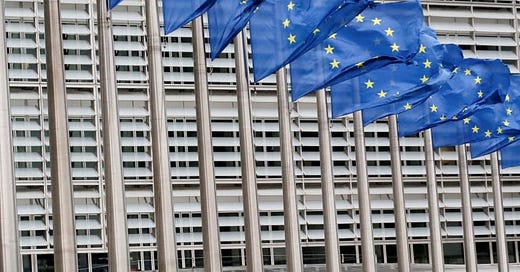Europe: Solidarity and Disagreement
Speakers of 23 parliaments issue open letter to Mike Johnson in Ukraine aid support, The EU has failed to secure an agreement on the law concerning the supply chain, European troops to Ukraine
UPDATES: The Speakers of 23 parliaments and the President of the European Parliament, Roberta Metsola, sent an open letter to the Speaker of the US House of Representatives, Mike Johnson, to support aid to Ukraine. In this open letter, the parliamentary leaders ask Johnson to introduce HR 815, the US Foreign Assistance Bill, which was passed by the US S…





